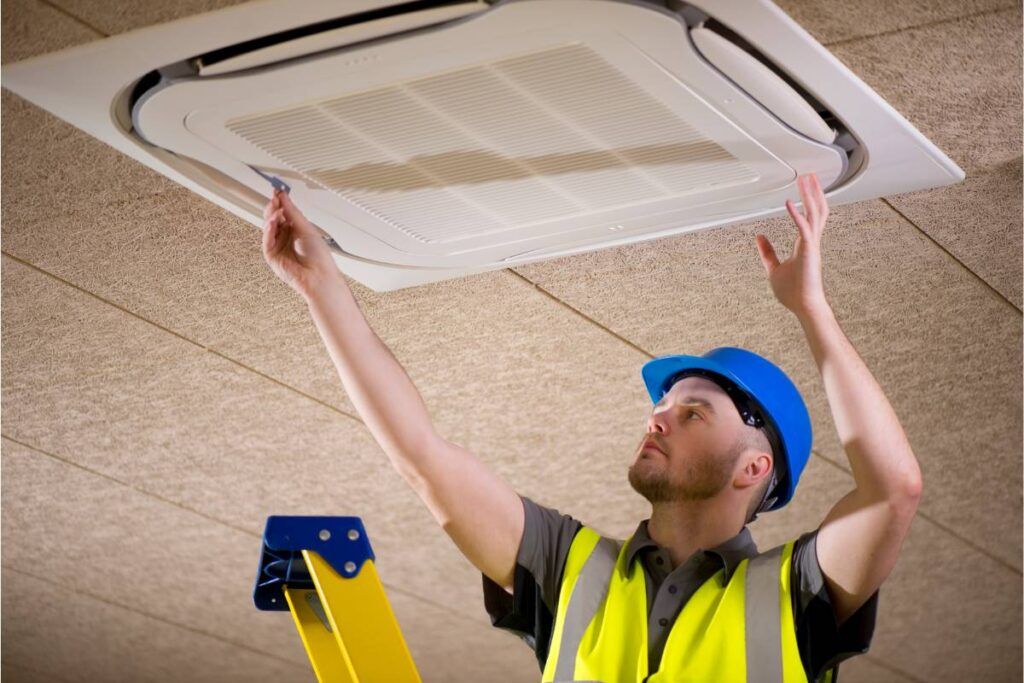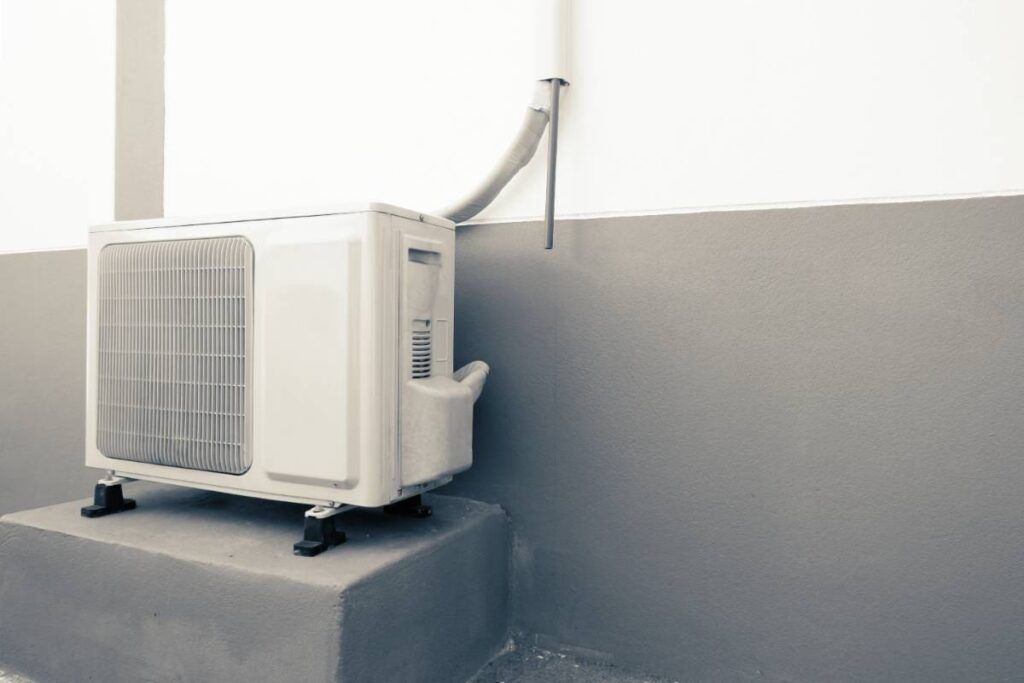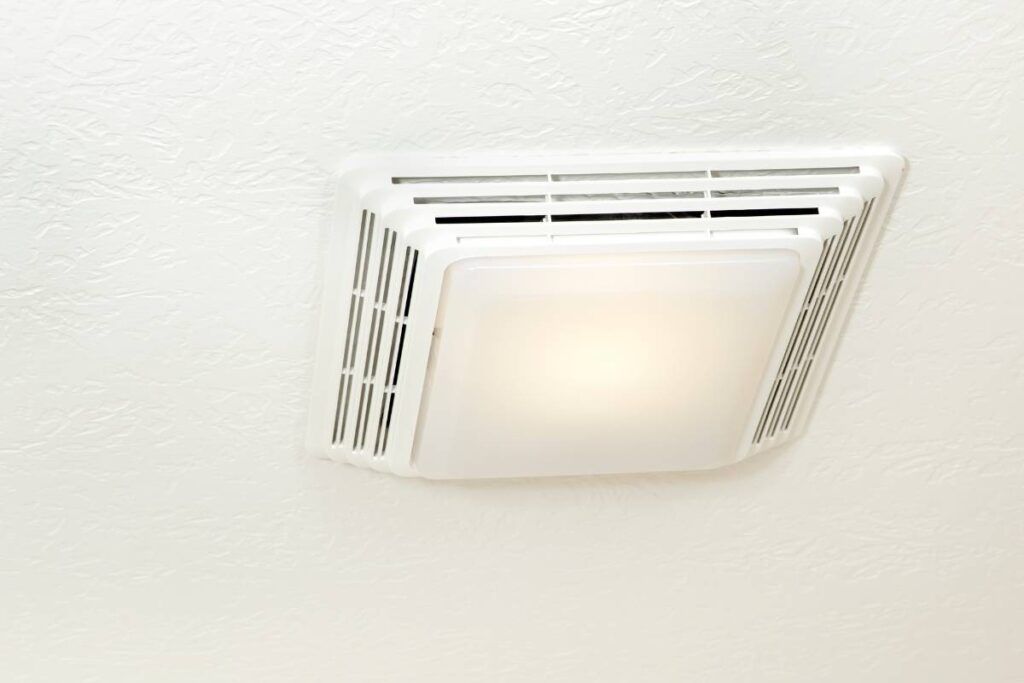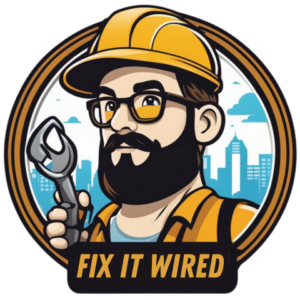When summer arrives, you will be running the air conditioner 24*7. So, nothing is more frustrating than the AC unit creating issues, like making noises, not cooling properly, or not turning on. An AC can have several issues, and you must know how to troubleshoot them.
Some common problems in the central AC unit are dirty air filters, wrong thermostat settings, tripped breakers, insufficient cooling, or closed air vents. To troubleshoot these problems, change the air filters, fix the thermostat settings, and clear the air vents to adequate airflow.
Since there are multiple reasons, troubleshooting steps are different for each problem. This guide will discuss the problems a central air conditioner may face and how you can troubleshoot them.

Check out our list of top-handpicked products for all your electrical, appliance, and HVAC system needs to keep your home running smoothly.
This post includes some affiliate links.How to troubleshoot the central air conditioner?
Most problems will need HVAC guidance and help when you try to troubleshoot the air conditioner problems.
There are a few simple problems that you can troubleshoot yourself.
Knowing all the reasons can help you get to the bottom of the problem and solve it.
Some major issues in the central air conditioner include:
- Not turning on or off
- Wrong thermostat setting
- Dirty, leaked, and clogged air ducts and filters
- Drainage problems
- Noisy unit
- Frozen evaporator coils
- Low refrigerants
- Tripped breaker
- Insufficient cooling
The list continues.
Let’s learn how to troubleshoot these problems in detail.
Check for tripped breaker, blown-up fuse, and power outage.
The common problem caused by tripped breakers, blown-up fuse, and power outages is the central air conditioner not turning on.
In such a case, wait for the power to come back.
For a blown-up fuse, you must replace the fuse.
For a tripped breaker, you need to reset the breaker.
Please turn off the breaker, wait for some time, and then turn it back to check the power.
If the breaker tripped at the center, turn it OFF, wait for a few seconds or minutes, and then turn it ON.
Thermostat glitches

Thermostat glitches can cause problems like warm air, the air conditioner not turning on, or not stopping.
A thermostat with dead batteries, loose wiring, or wrong settings can create problems in your air conditioner.
A dead battery will not let your air conditioner start.
The air conditioner will not stop running if your thermostat is set to ON.
So, please set it to AUTO.
If there are any loose wire connections, the unit may not start.
Check for loose wires and tighten the screws.
Make sure that your thermostat is set to cool rather than heat.
Otherwise, your air conditioner will not provide you with enough cool air.
If your thermostat is the problem, set the temperature to the lowest and wait for some time.
If the unit still does not work well, consult an HVAC expert.
Low refrigerant
When you troubleshoot air conditioners for leakage or insufficient cooling, it is due to the low refrigerant.
If the refrigerant liquid is low, it is because of undercharging during the installation or leakage due to cracks, rust, or an eroded refrigerant tank.
The refrigerant is the culprit if you feel that your room or building is not getting cold enough.
Without enough fluid, the central air conditioner cannot remove heat and humidity from the air.
Calling a technician may help you discover the leakage.
They will remove the excess fluid by siphoning it.
Then, they will replace the old tank with a new one and refill it with new fluid.
Dirty, leaked, or clogged air ducts.
The central air conditioner provides cool and refreshing air through the ducts all over the house.
These ducts suck in the warm air from the house to carry it to the air conditioner and cool it down to spread throughout the house.
If the ducts are clogged, dirty, or leaked, they cannot cool the air.
Sometimes, these ducts can become old and not work properly due to constant wear and tear.
Though most central units are sealed, rodents can make holes in the ductwork. The reason is shoddy installation.
Holes and tears in the ductwork will allow the warm air to escape and spread throughout your house.
That is a common reason behind an air conditioner not cooling your house enough.
One easy indication is loud whistling noises.
If more than one room is warmer, the reason is improper airflow.
Another common sign of improper ductwork is high energy bills.
Since the ducts are clogged, it needs to work harder to carry the warm air and send it to the unit.
As a result, the energy bills will increase.
You can inspect the ducts to determine the damage level and call an HVAC team to help with the leakage and clogging.
Drainage issues

Leaks are something most house owners hate in their central air conditioning system.
But, leakage is a major and common problem that leads to drainage issues.
The air conditioners remove the heat and moisture from the air with the help of a drain line.
The moisture drips into the drain pan and passes through the drain line to exit outside your house.
If the pan becomes full, it will overflow, and water will leak into your system and your house.
Sometimes, the drain line shifts from its place.
So the moisture gets sent to the surrounding area instead of the pan.
The drain line can also get dirty and clogged and prevent adequate drainage.
So, you must check the drain pans and lines for overflow and fix it with the help of HVAC experts.
Frozen evaporator coils
A frozen evaporator coil is a culprit when your house gets heated, leaks water, or doesn’t end the AC cycle.
The evaporator coils contain the refrigerant to cool down your room’s air.
If the coil is frozen, it cannot receive enough air.
Besides, if the refrigerant is low, the coil will freeze and won’t cool down your room.
Turning on the air conditioner starts a cycle to cool the room to the desired temperature.
Once the room gets cooled, the cycle will stop and again turn on when the room further heats up.
This cycle is called the AC cycle.
Until and unless the unit gives your room the desired temperature, it won’t stop.
Due to the insufficient cooling effect, the AC cycle will not end and keep going.
It can further increase energy bills.
You cannot fix the problem yourself.
You need an HVAC expert to deal with it.
However, you can understand if the room does not cool properly or if the unit keeps working.
Dirty air filters

Dirty air filters are the most common problem in central air conditioners.
It can cause several issues, like:
- Low airflow from the vents
- Ice buildup on the refrigerant lines
- Water leakage
- Insufficient cooling
- Higher energy bills
Dirt, dust, pet hairs, and other debris accumulate in the filter over time, clogging adequate airflow.
You must replace the air filters every 3 to 4 months.
Some filters are washable. You can wash them, dry them, and fix them in the air conditioners.
Install them in the airflow direction for enough air circulation.
Closed air vents
Some house owners purposefully close the vents because they do not use them very often. Besides, they think it saves energy bills.
If you do so, the central air conditioning unit will get damaged.
Closing the vents will push through more air and extra pressure on the ducts, resulting in leakages and wear and tear.
If you think that keeping the vents safe, change your mind and make sure that the vents are open.
Besides, closed vents do not reduce your energy bills. Instead, it increases expenses by causing severe damage.
Common issues caused by blocked air vents are:
- Air conditioner working harder to cool your room
- Increased energy bills
- Frozen evaporator coil
- Ice buildup in the refrigerant lines
- Blower motor issues
- Damaged compressor
Since a blocked vent can cause so many issues, you must troubleshoot the problem with the help of an expert.
Out of these problems, replacing a compressor can be quite costly.
So, try to avoid the problem and keep the vents open.
Too much ventilation

When your air conditioner functions, it dehumidifies the air in your room.
The existing humidity runs through the evaporator coil to be treated and changed into cool air.
Then, it gets circulated throughout the house.
If the rooms have too many open windows and doors, the cool air will escape from these open spaces and don’t cool your room.
As a result, the system has to work harder to give you the desired temperature, increasing energy bills.
So make sure that your room is properly sealed.
Otherwise, the central AC will not work well.
Clogged condenser drain
A clogged drain does not allow your central AC to work properly.
To confirm the problem, remove the panel covering the condenser coils.
The coils release the energy outside the building that is absorbed from the house.
If the coils are dirty, it will not let your central air conditioner’s fan not turn on, and the unit cannot release the heat from your house.
You need the HVAC team’s help to clean the coils and make your AC unit as good as before.
Noisy central AC

The reason behind a noisy air conditioner could include all the above reasons.
An air conditioner can produce multiple types of noises, like cracking, clicking, grinding, gurgling, whistling, etc.
Different noise types will indicate different problems.
For example, a hissing sound indicates a refrigerant leak, and a gurgling sound indicates drainage problems.
So, you must find out its real cause and fix the problem.
We have already covered an article about why an air conditioner makes loud noises. You can go through it for troubleshooting.
Helpful hints for avoiding the central air conditioner problems
At one point, your air conditioner will face several issues, especially if you do not maintain a routine checkup.
A routine checkup may not save your central air conditioner from having these issues.
Still, it can delay the problem and lessen the damage level.
So, here are some preventive measures for your central air conditioner that might help you avoid the problems in the long run:
- Always clear the dirt and debris from both the inside and outside unit.
- Replace or wash the dirty air filters every 3 to 4 months.
- Consider regular maintenance of your unit 1 or 2 times a year. The expert team will let you know whether everything is perfect or if any part requires replacement.
- Install a programmable thermostat that can save energy and work accurately. It would be best to learn how to use it.
There are certain problems which you can prevent.
For example, the problems caused by dirty filters can be easily prevented and resolved by changing the filters every 3 to 4 months.
There is only one takeaway from the discussion of troubleshooting a central air conditioner: regular maintenance and servicing.
When the HVAC team checks with your unit, they can inspect the AC parts’ condition and let you know which things need replacement.
In this way, you can avoid future problems caused by that particular component.
Though the central air conditioner troubleshooting allows smooth operation of your system, you can avoid most major problems with routine maintenance.
Final thoughts

A central air conditioner may face other issues than those discussed in this guide.
But the problems mentioned above are the most common and major ones most house owners face.
Knowing the exact reasons and troubleshooting them may save you time and effort behind the problem.
Most of them will need an HVAC expert’s guidance.
But, you can at least cross-checkup and understand the real cause behind a problematic central unit.
Whenever you feel something is wrong with your central AC, check the thermostat settings, air filters, air ducts, vents, leakages, and vents.
Also, ensure that the room with the central AC does not have too many open windows and doors and incandescent lights.
Incandescent lights increase the heat of the room.
You can keep a limited amount of light or replace them with LED lights.

